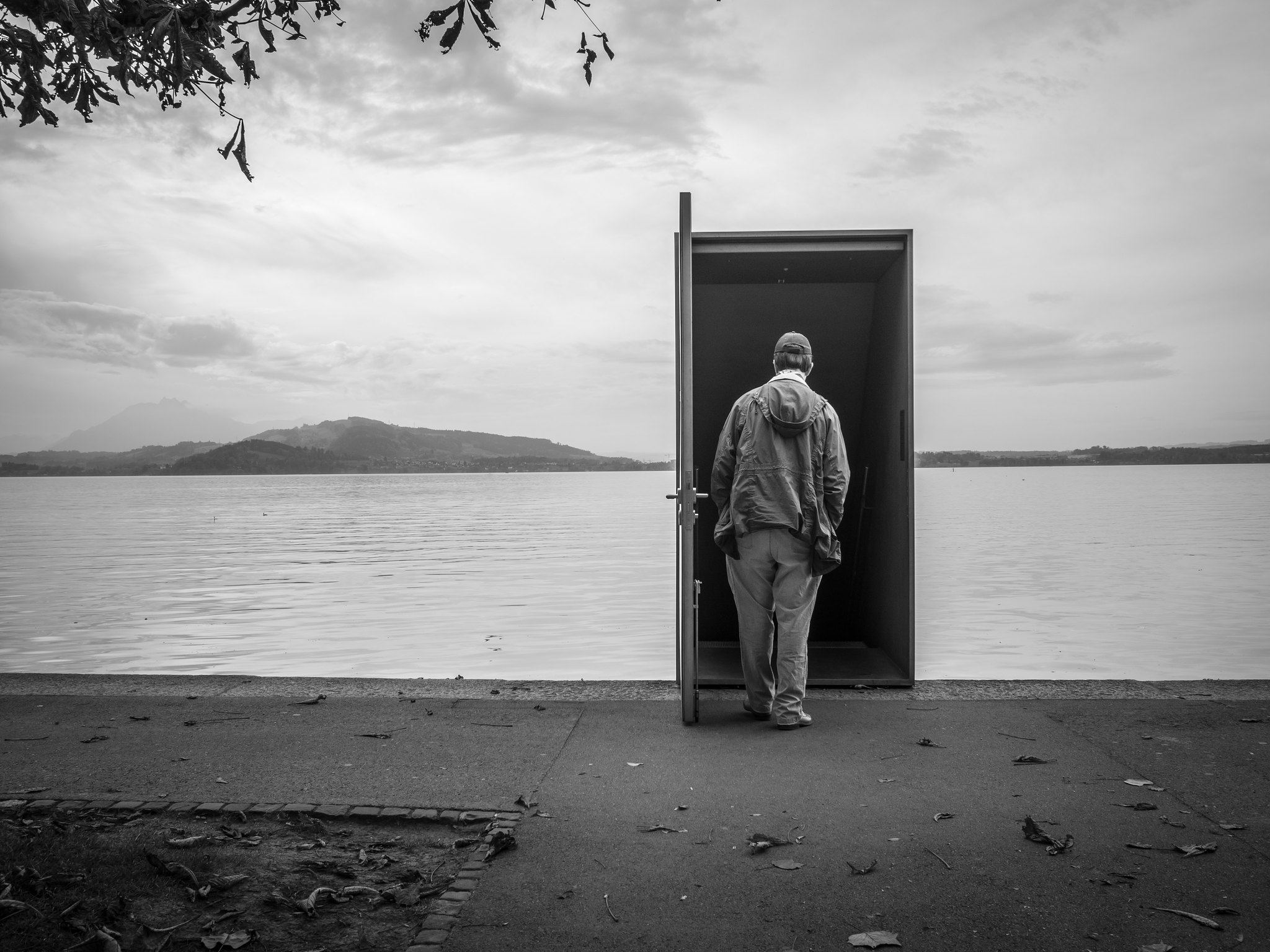As a medical student, I have found that one of the biggest challenges during my journey through the many clinical experiences is the ability to truly immerse myself in my patients’ stories and attempt to place myself in their shoes when thoughts of other clinical and academic responsibilities were constantly hovering over my head. For instance, the anticipation of an upcoming assignment, a presentation scheduled for the following day or an important examination at the end of week are seemingly never-ending. However, overcoming this challenge is what has made the journey so rewarding. I have found that temporarily setting aside personal worries and focusing on each patient’s unique experience is vital to truly understanding their medical and personal needs and can have a profound effect on their care and recovery.
The experience of being in the hospital can provoke completely different emotions in each patient. It may be traumatic for some and a safe haven for others. For many patients, the hospital can be a place of distress, where their clinical course is uncertain and their diagnosis may not yet be known. When asking patients about their concerns while admitted to the hospital, many voiced feelings of vulnerability, hopelessness and hardship that their health had declined. A common theme was the feeling of sadness that their body may have failed them in some way, while asking themselves “why me, why now?” Many expressed worries about managing their new diagnoses after discharge and how it would impact their daily lives going forward. On the other hand, while some patients may feel distraught, many also expressed a feeling of gratitude that their medical needs were being taken care of and that they would leave the hospital better than when they arrived. To those patients, it may be a place where they receive the help they have needed for a long time, as well as an escape from their harsh realities outside the hospital. As I followed patients each day, I took time to appreciate the privilege of being involved in their care and focused on setting aside my outside stressors to be fully engaged in each encounter. Two specific patient interactions stand out that helped me realize the significance of practicing and embracing this skill.
A man in his seventies with no significant medical history was admitted for what seemed to be a classic case of choledocholithiasis. He was on vacation from a northern state and was very pleasant, upbeat and optimistic during his entire hospital course. I followed his case closely and would spend time each morning explaining what we knew about his diagnosis thus far and engaging in casual conversations. Unfortunately, further investigations revealed pancreatic cancer. Witnessing such a positive person break down and express his fear to me when discussing his diagnosis deeply impacted me. Reflecting on the fact that he had received a life-changing diagnosis while on vacation reminded me of how unpredictable illness can be and how vulnerable patients may feel. This reaffirmed the importance of serving as a conduit for patients to express their true emotions to enable the medical team to cater to their individualized needs.
The second encounter involved a woman in her forties recovering from an orthopedic surgery who was readmitted due to a necrotizing wound infection resulting from domestic abuse. During our daily encounters and conversations, she never failed to thank me, the nurses and the attendings for our time and the care she was receiving. She also shared how the hospital provided her with a newfound sense of comfort and safety, something she had not felt for a long time. This patient helped solidify my understanding that each patient’s experience is unique. While hospitals are often associated with constant noise and interruptions, she found solace and security in contrast to her everyday life outside the hospital.
Ultimately, the different perspective each patient has speaks to the manifold roles and responsibilities that providers play in their care. These experiences have made me aware of the positive impact that understanding our patients’ emotional states and perspectives has on holistic medical care. Each encounter has taught me to focus on giving each patient the time and attention needed to closely understand their thoughts and emotions. At times, words of encouragement or simply providing comfort can help meet patients’ needs. This promotes rapport and may lead them to reveal important historical information that can further aid in their diagnosis and recovery. As medical students and medical professionals, we are often inundated with outside responsibilities that may hinder genuine, in-depth interactions with patients despite our best efforts. As a physician, I vow to leave my worries and stressors at the door as I enter each patient’s space to immerse myself in their stories and give them the undivided attention they deserve.
Image credit: “Open the door” (CC BY 2.0) by Markus Binzegger

